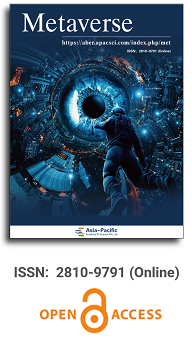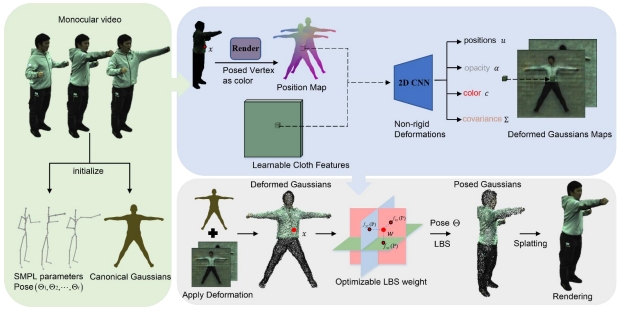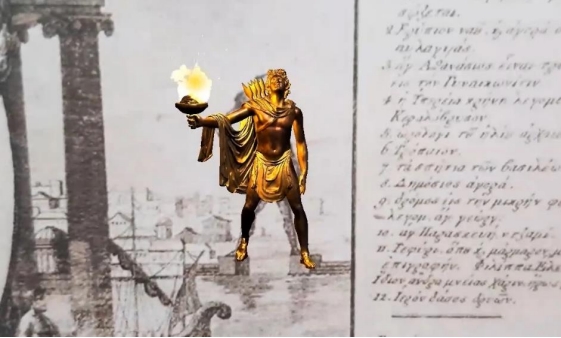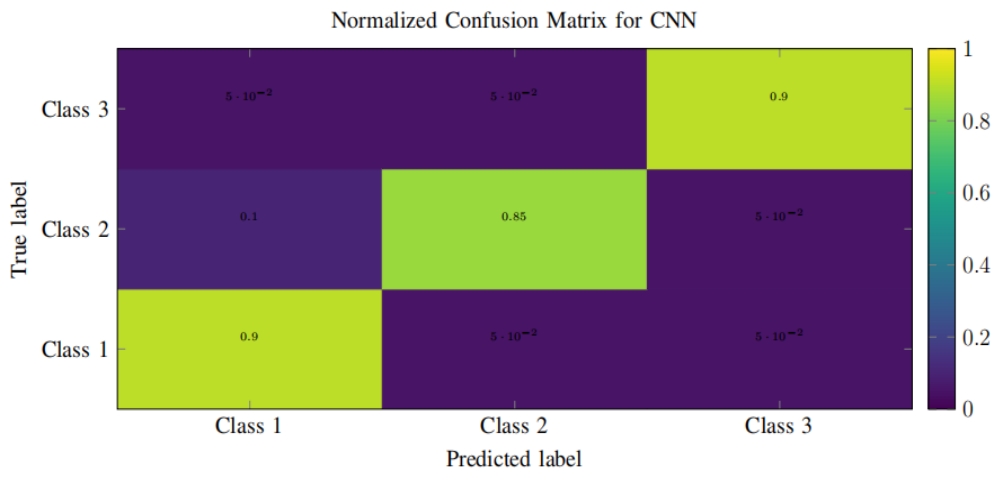
Asia Pacific Academy of Science Pte. Ltd. (APACSCI) specializes in international journal publishing. APACSCI adopts the open access publishing model and provides an important communication bridge for academic groups whose interest fields include engineering, technology, medicine, computer, mathematics, agriculture and forestry, and environment.



Based on raw images of a patient's heart, a new artificial intelligence algorithm developed at Johns Hopkins University can predict more accurately than doctors if and when a patient will die of cardiac arrest, revolutionizing clinical decision-making and improving survival rates for sudden and fatal arrhythmias. The research team is the first to use a neural network to create a personalized survival assessment for each heart patient. These risk measures provide high accuracy for 10 years of sudden cardiac death and when it is most likely to occur. The algorithm's predictions were far more accurate than doctors' and were validated in tests at 60 medical centers in the United States.
Source from: Popescu DM, Shade JK, Lai C, et al. Arrhythmic sudden death survival prediction using deep learning analysis of scarring in the heart. Nat Cardiovasc Res 2022; 1: 334–343. https://doi.org/10.1038/s44161-022-00041-9 |

Prof. Zhigeng Pan
Professor, Hangzhou International Innovation Institute (H3I), Beihang University, China

Prof. Jianrong Tan
Academician, Chinese Academy of Engineering, China
Conference Time
December 15-18, 2025
Conference Venue
Hong Kong Convention and Exhibition Center (HKCEC)
...
Metaverse Scientist Forum No.3 was successfully held on April 22, 2025, from 19:00 to 20:30 (Beijing Time)...
We received the Scopus notification on April 19th, confirming that the journal has been successfully indexed by Scopus...
We are pleased to announce that we have updated the requirements for manuscript figures in the submission guidelines. Manuscripts submitted after April 15, 2025 are required to strictly adhere to the change. These updates are aimed at ensuring the highest quality of visual content in our publications and enhancing the overall readability and impact of your research. For more details, please find it in sumissions...






.jpg)
.jpg)

